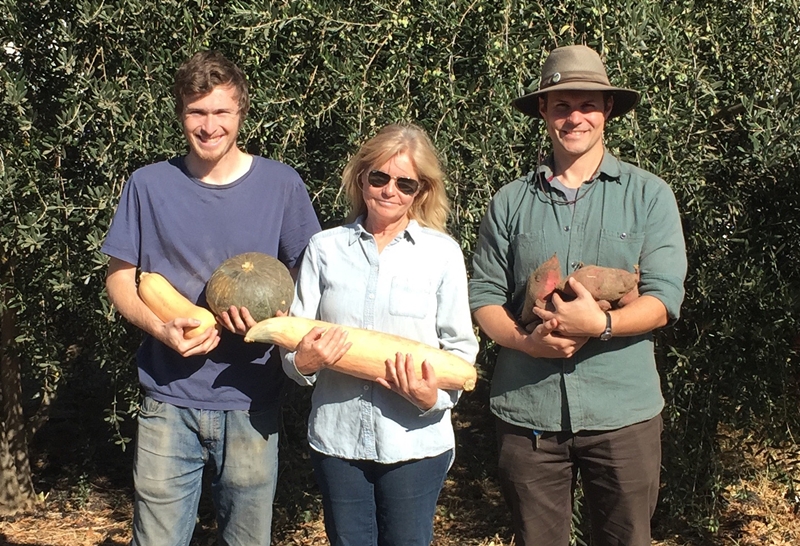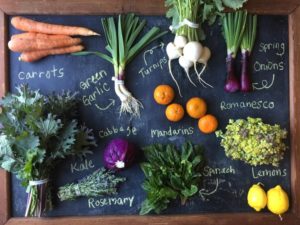Sustainable Solano Offers Land and Water Caretakers Certification Course in Sustainable Landscaping
- Land and Water Caretakers Certification Course
- Jan. 8 – March 25
- 6-8 p.m. Wednesdays (in classroom) and 8:30 a.m.-12:30 p.m. Saturdays (class on site)
- Benicia (open to those 18 years and older. Participants do not have to be county residents)
Those interested in sustainable landscaping, whether landscaping professionals or those new to the field, will have a chance to gain the knowledge and practical skills needed through the Land and Water Caretakers Certification course starting in January.
Sustainable Solano is offering the program in Benicia through Solano Adult Education. It is open to anyone 18 and older. Participants do not have to be Solano County residents. The course fee is $200 with scholarships available for those who qualify.
Classes will be from 6-8 p.m. Wednesdays and from 8:30 a.m.-12:30 p.m. Saturdays, with in-class instruction on Wednesday nights and on-site, hands-on lessons Saturday mornings.
Participants in the program will have a chance to put what they are learning to use by installing a demonstration food forest garden at a Benicia private residence, converting that property’s water-hungry lawn to a waterwise garden and installing a laundry-to-landscape greywater system. They will also benefit from guest speakers, including a workshop from Travis Credit Union on small business finances.
As a final project, students will use what they have learned to create a garden design under the supervision of their instructor. Those who complete the course will receive Sustainable Solano’s Land and Water Caretakers Certification, making it the perfect fit for experienced landscaping professionals looking for more sustainable practices, those looking to start their own companies or expand their career choices and those drawn to expand their own knowledge.
To register, contact Thelma Bentley at Benicia Adult Education at tbentley@beniciaunified.org or 707-747-8367.
Funding for this program comes from the second amendment to the Valero/Good Neighbor Steering Committee Settlement Agreement, the Solano County Water Agency and student fees.
About Sustainable Solano
Sustainable Solano is a countywide nonprofit organization that is dedicated to “Nurturing Initiatives for the Good of the Whole.” The organization, now in its second decade, brings together programs that support and sustain one another and the Solano County community. Initiatives include sustainable landscaping, local food, resilient neighborhoods, sustaining conversations and community gardens.
For more information, email info@sustainablesolano.org or visit sustainablesolano.org
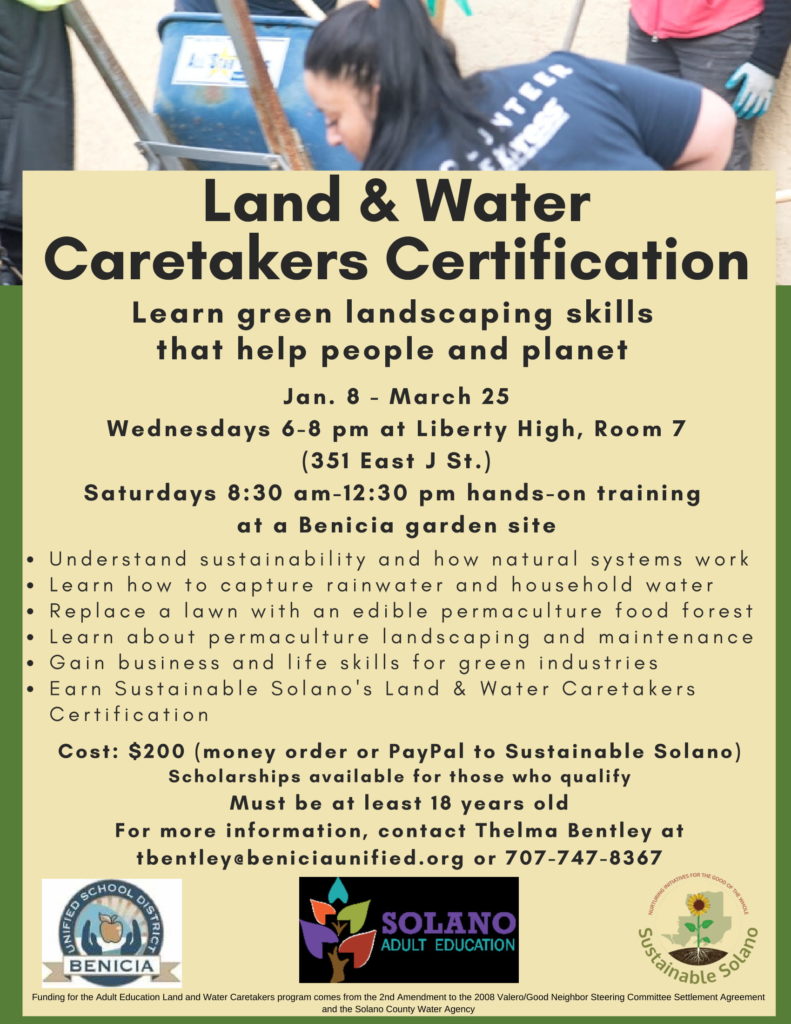

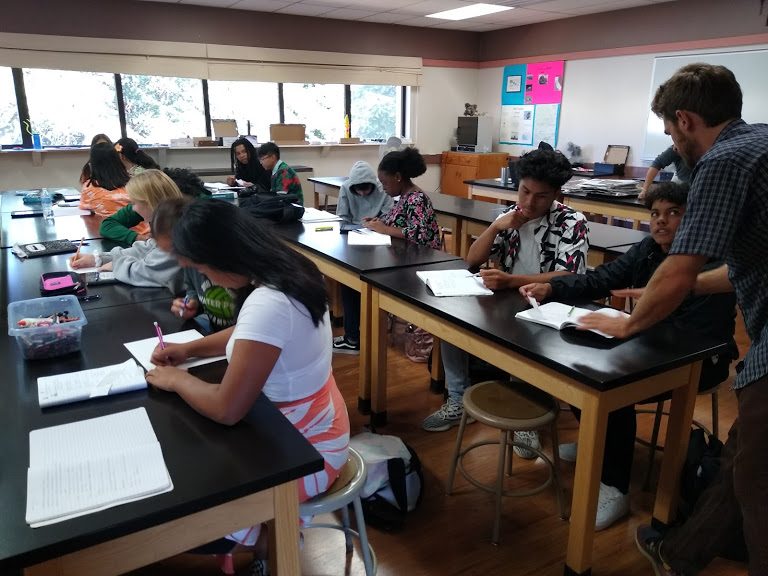
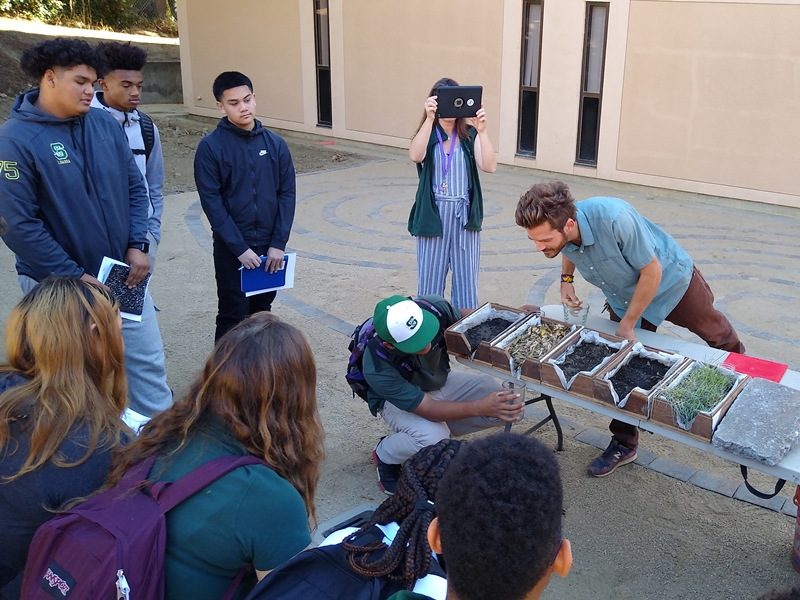

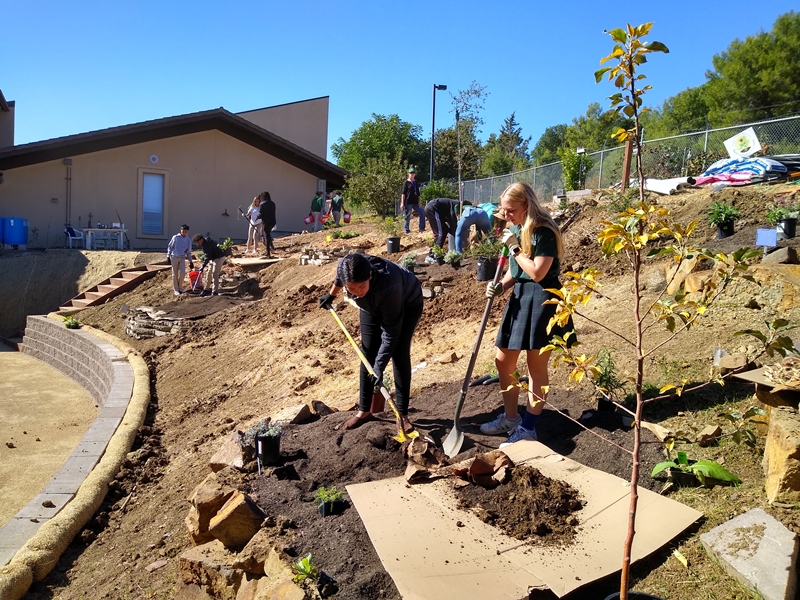
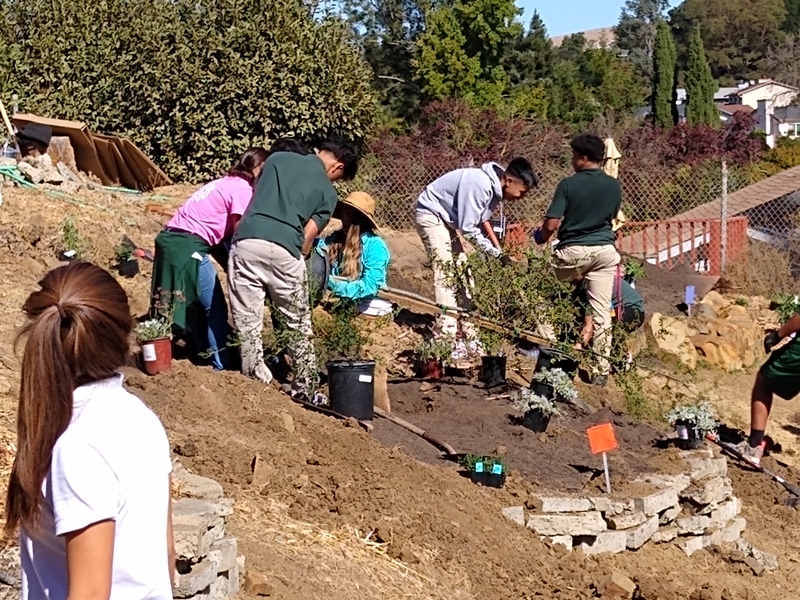
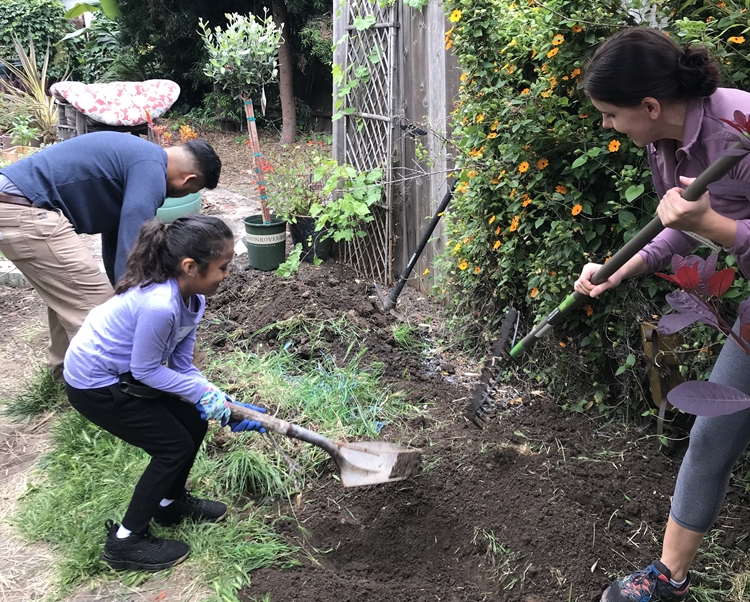
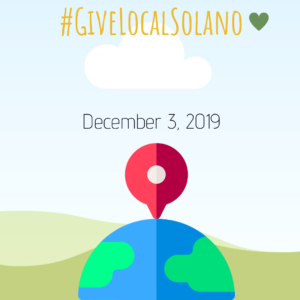
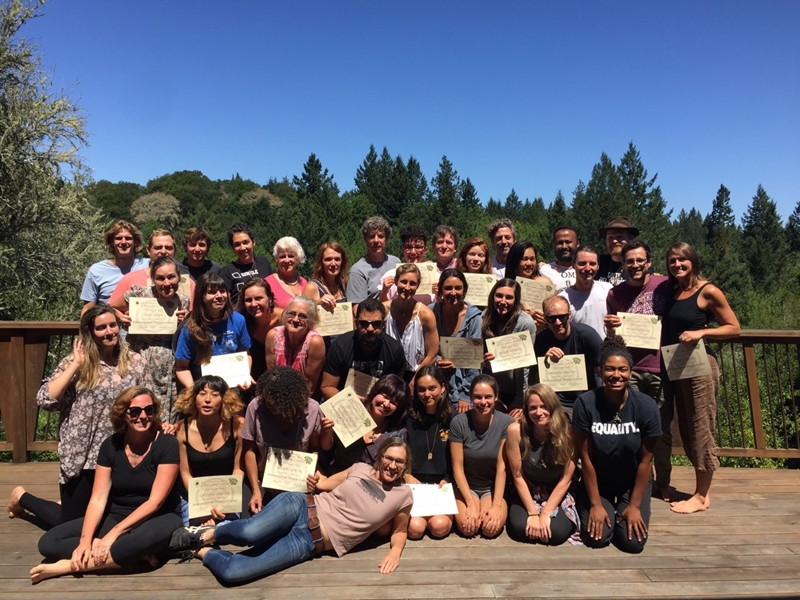
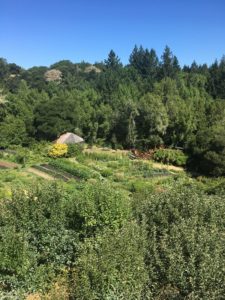 The course itself was both incredibly rigorous in its training, and yet at times also felt remarkably like summer camp. Nestled in the lush Duck Bill Creek watershed of Western Sonoma County, the property boasts a number of incredible gardens, restored forest and grasslands, an irrigation pond (which doubles as a swimming hole), and countless trails to get lost on. Communal vegetarian meals cooked in the shared kitchen with ingredients from the gardens were shared three times a day.
The course itself was both incredibly rigorous in its training, and yet at times also felt remarkably like summer camp. Nestled in the lush Duck Bill Creek watershed of Western Sonoma County, the property boasts a number of incredible gardens, restored forest and grasslands, an irrigation pond (which doubles as a swimming hole), and countless trails to get lost on. Communal vegetarian meals cooked in the shared kitchen with ingredients from the gardens were shared three times a day.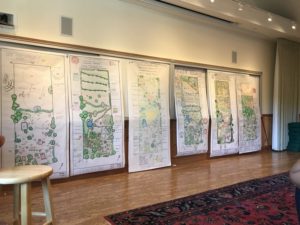 The course culminated in a group design project, which for us focused on a nearby 7-acre plot of land that had recently been acquired by the Cultural Conservancy. Indigenous wisdom and learning the heritage of our host land was a focal point of the training. This came in many forms: first a small presentation by The Cultural Conservancy, then a trip to the actual site in the city of Graton, which is Southern Pomo Coast Miwok Territory. During this site visit, we all took notes, pictures and asked members of the Cultural Conservancy what they envisioned for the space to better understand their hopes and aspirations for the place. As a group, we were grateful that we were allowed to participate in a project that aims to create an inter-tribal bio-cultural heritage farm and indigenous education center. Together in a team of five, we created designs that represented all the different topics we were taught, and then on the last day presented it to the Cultural Conservancy.
The course culminated in a group design project, which for us focused on a nearby 7-acre plot of land that had recently been acquired by the Cultural Conservancy. Indigenous wisdom and learning the heritage of our host land was a focal point of the training. This came in many forms: first a small presentation by The Cultural Conservancy, then a trip to the actual site in the city of Graton, which is Southern Pomo Coast Miwok Territory. During this site visit, we all took notes, pictures and asked members of the Cultural Conservancy what they envisioned for the space to better understand their hopes and aspirations for the place. As a group, we were grateful that we were allowed to participate in a project that aims to create an inter-tribal bio-cultural heritage farm and indigenous education center. Together in a team of five, we created designs that represented all the different topics we were taught, and then on the last day presented it to the Cultural Conservancy.